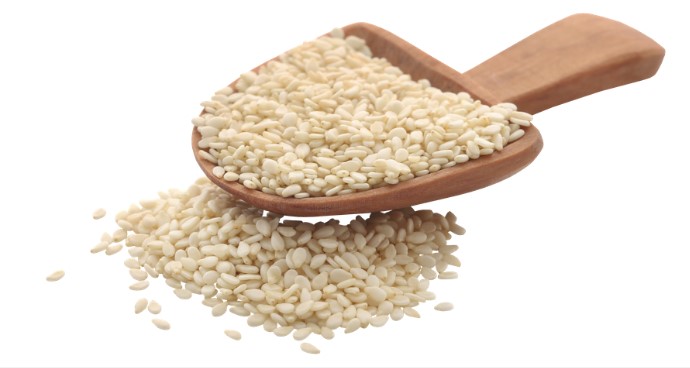Pakistan’s sesame industry faces challenges as demand and prices for sesame seeds in China, its largest buyer, plummet amid growing global competition, the Financial Times reported.
The country’s sesame exports to China fell by 53% in the key harvest months of August and September, dropping to $19 million compared to last year, according to China’s General Administration for Customs.
Initially, Pakistan’s sesame exports surged as conflict in Sudan, Ethiopia, and Myanmar disrupted supply, and China removed a 9% import duty on Pakistani sesame seeds.
However, with rival countries like Brazil and Niger scaling up production, prices have dropped sharply. Farmers who previously enjoyed record-high prices of Rs20,000 per maund (40 kg) last year are now seeing rates fall to Rs12,000 per maund.
“Many farmers had switched to sesame due to high demand from China, but now some are saying they’ll never grow sesame again,” said Alan Xi, general manager for agriculture at China Machinery Engineering Corporation in Pakistan.
Exporters who serve higher-end markets, such as the US and Europe, are also affected. Karachi-based exporter Fahad Shoukat noted that his company’s profits are under pressure as buyers in the US and Europe have become cautious, reducing stock holdings amid falling prices.
Last year, Pakistan exported $403 million worth of sesame, ranking it as the world’s fifth-largest exporter, up from $40 million in 2019. With its proximity to Chinese ports and tariff exemptions, Pakistan had capitalized on supply shortages from Africa and Myanmar, supplying roughly 20% of China’s sesame imports in 2023. However, competition and price corrections are making it harder for Pakistan to sustain this growth.
Farmers have expanded sesame cultivation to 1.8 million acres, four times the area from 2020, chasing peak prices of around $2,500 per tonne. Prices have since corrected to $1,200 per tonne, as Sudanese and Ethiopian suppliers re-enter the market and new players like Brazil increase their output.
Exporters believe Pakistan may need to target high-end markets such as South Korea and Japan to counter the impact of China’s price sensitivity.
Analyst Jose Gutierrez Fernandez of S&P Global Commodity Insights suggested that Pakistan could appeal to these markets by meeting stringent quality standards, which would require more investment in cleaning and pesticide removal processes.
For some farmers, declining prices are prompting thoughts of shifting to other crops. Feroz Akhtar Shah, a sesame farmer from Layyah, said he barely broke even this year, selling at Rs13,000 per maund compared to Rs18,000 last year. After entering the sesame business two years ago, Shah is now considering planting mango trees if prices don’t recover.
The decline in sesame demand follows other challenges for Pakistan’s agricultural sector, which has seen fluctuating fortunes in rice exports due to policy shifts in India. With China’s demand for lower-grade sesame diminishing, Pakistan’s exporters may need to focus on improving quality to attract premium markets.




